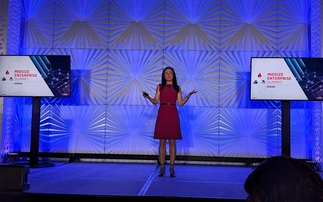Critics say rewards encourage staff to inform on their employer, rather than work with them
The Business Software Alliance (BSA) has come under fire following its recent scheme to double the size of rewards for tip-offs about software piracy to £20,000. Critics said the rewards encourage ...
To continue reading this article...
Join Computing
- Unlimited access to real-time news, analysis and opinion from the technology industry
- Receive important and breaking news in our daily newsletter
- Be the first to hear about our events and awards programmes
- Join live member only interviews with IT leaders at the ‘IT Lounge’; your chance to ask your burning tech questions and have them answered
- Access to the Computing Delta hub providing market intelligence and research
- Receive our members-only newsletter with exclusive opinion pieces from senior IT Leaders

















